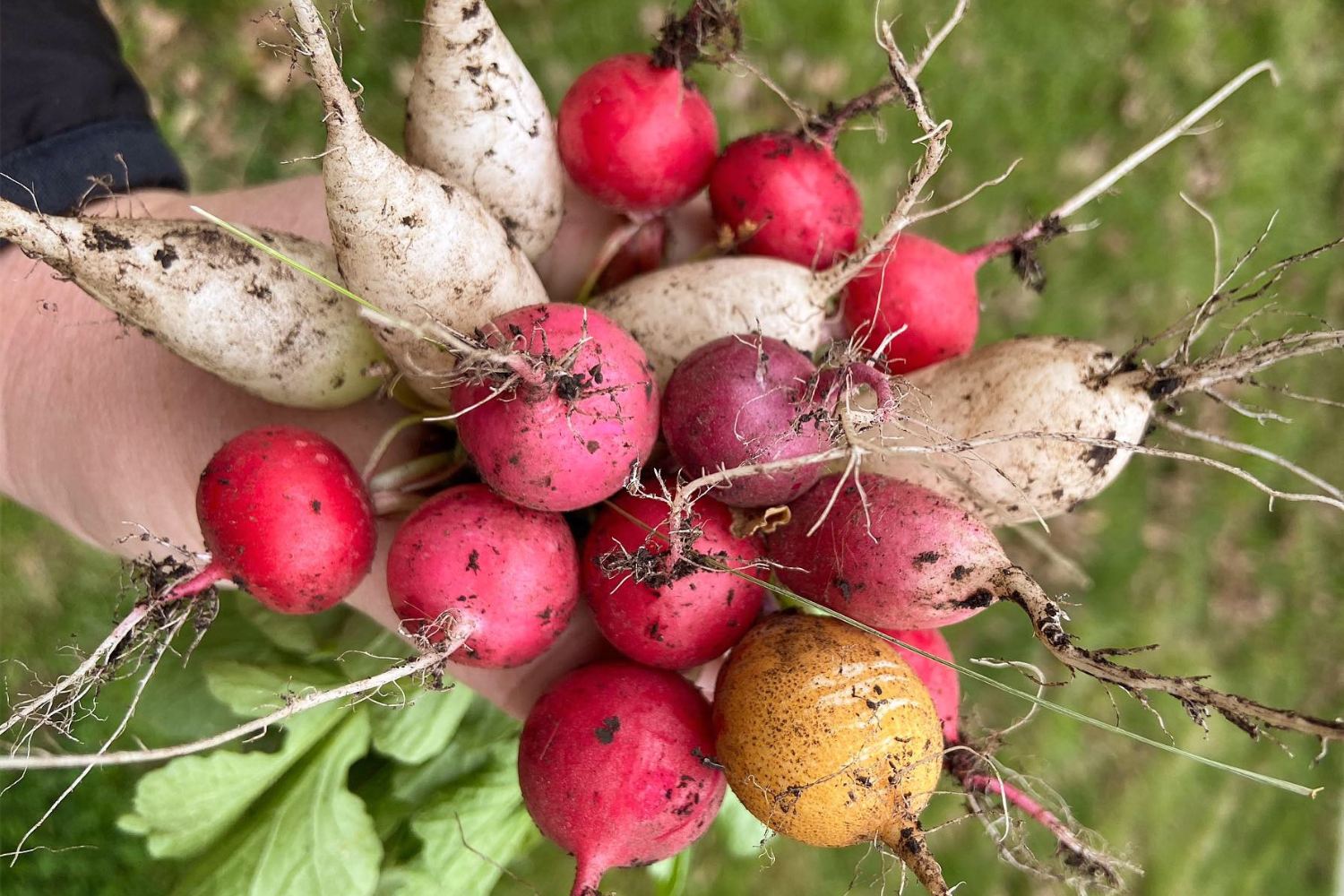Garden Consultant vs. Landscaper. What’s the Difference?
You may be wondering what the difference is between a landscaper and a Garden Consultant. Don’t they do the same thing? Well, not really. Now I can’t speak to being a landscaper, but I do know that landscapers tend to have a plan in mind and execute said plan based on their company’s protocols. Garden Consultants approach their clients with a shared understanding of learning and growing gardens based on their clients’ needs.
To help our visual learners, I made a chart that begins to explain some of the differences between the two, and what is offered through an in-depth Garden Consultation.
Garden Assessment & Design
Both landscapers and Garden Consultants typically offer garden assessments. But there’s one main difference that sets Garden Consultants apart: knowledge sharing. Landscapers certainly do in-depth assessments, but they tend to be the ones walking around your yard and taking notes. Garden Consultants walk with their clients and give them notes to take as they have joint discussions.
I can even “walk” with you virtually for your Garden Consultation. Here I am on a consult with Kim and Daniel for their garden in Albuquerque, NM.
The same is true for garden designs. Do we both create designs for gardeners? Yes. Do we both have detailed discussions with gardeners and create a joint plan based on their needs? Not so much. Landscapers tend to lack plant knowledge and perhaps how various parts of the garden work together. Garden Consultants have gardening knowledge, frequently have formal horticultural education, and focus on both the client’s garden desires and the garden’s future success.
Training & Knowledge Sharing
Garden Consultants focus on training their clients for success in their gardens. Don’t know how to grow greens? That’s okay, we’re here to show you how. Get confused by all the different opinions out in the world wide web? We’ll help cut through the chatter and break it into manageable steps.
The best part of gardening in my opinion is learning. It’s amazing learning how to grow your own food from seed to harvest. You get to experience germination, growth, and harvest. Not much is better! And the beauty of gardening is that we’re all continually learning together. Sharing knowledge and training others how to grow foods they love to eat is one of my absolute passions.
A few of the foods I’ve grown include radishes, heirloom tomatoes, and ground cherries (one of the tastiest “fruits” I’ve ever grown).
Why Should I be Your Garden Consultant?
Now in my case specifically, I have a Master’s in Environmental Studies and am a Certified Master Gardener. I also have about seven years of my own gardening experience. This helps me see your gardening space in a very unique way—I focus on sustainably designing your garden to fit your specific needs.
My motto is, “Grow what you like to eat!” Really hate the taste of kale? Don’t grow it! Only love eating root veggies? We can make a rainbow of carrots, radishes, beets, and more. I make sure to create an edible garden plan based on what you like to eat. It’s as simple as that!
I focus on creating an edible garden for you to enjoy, but also for pollinators to enjoy. That’s my philosophy of growing edible gardens with an environmental focus: make sure to include the pollinators! It’s a mutually beneficial relationship—you’ll provide them with food and shelter to help their populations, and they’ll pollinate your food to ensure you get delicious fruits and veggies. What’s not to love?
I got this great shot of a bee feeding on my Swamp Milkweed back in Lawrence, KS. Milkweed is the host plant for the important Monarch Butterfly and there are lots of native milkweed options to choose from!
Having grown my own veggies and fruits from seed to harvest and trialling multiple ways to grow food has given me a wealth of knowledge on edible gardening. And I really love helping people learn to grow their own gardens.
Ready to get started? Contact me for a free 10-minute discovery chat where we talk about your garden needs.







